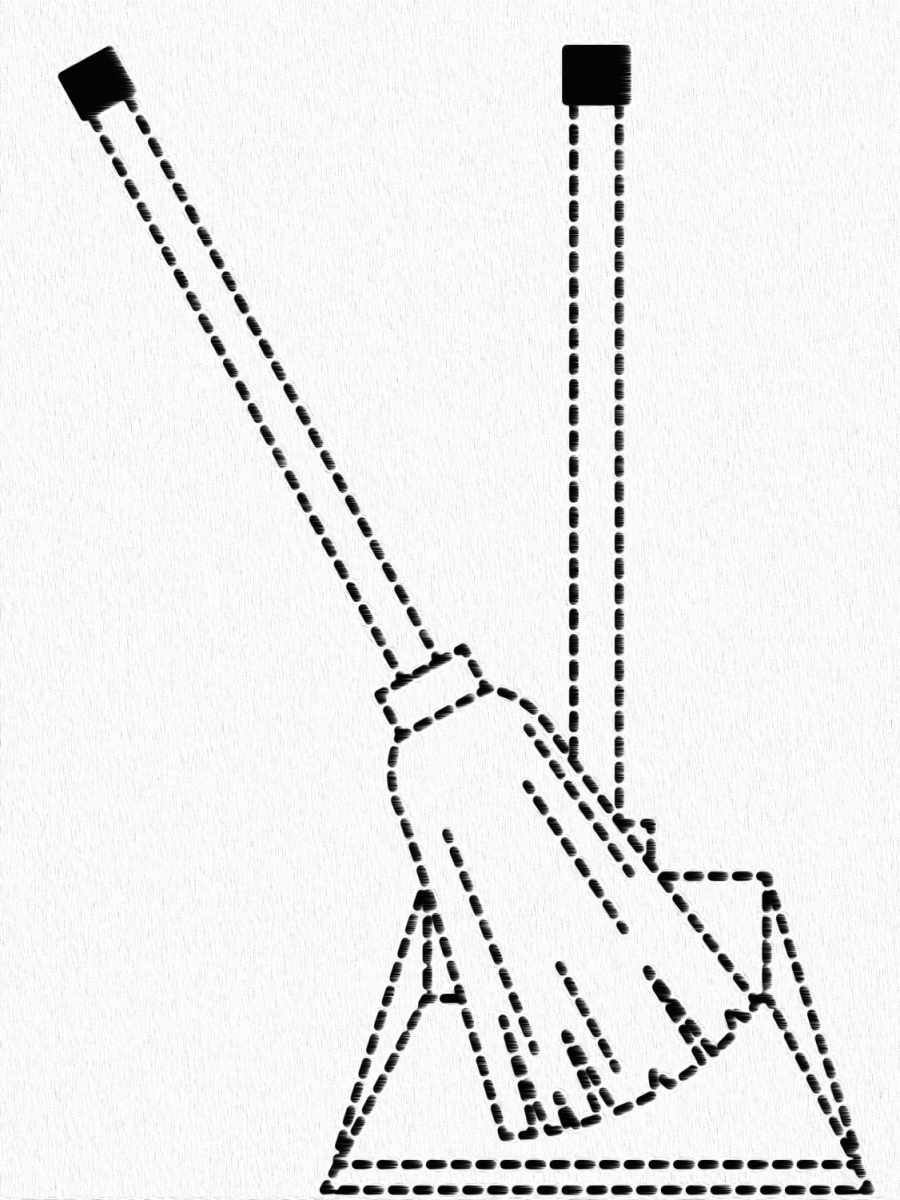Another summer is spent sweeping aside fries and dust in a local business with little to no relevance to the job you anticipated. You might wonder why you are accepting something close to minimum wage to do passionless work that feels like it slights your potential.
However, there is no shame in menial work. While internships, co-ops and research opportunities are the ideal positions for young professionals working their way up the ladder, these seemingly elementary positions endured in the meantime should be regarded with gratitude. Such jobs hold many buttery kernels of insight beneath their dull husk.
Patrick Sanchez, history senior, said he has worked a number of so-called “menial” jobs.
“I’ve worked at Jiffy Lube, Adidas and as a Chick-fil-A cow,” Sanchez said.
Though far from his passion for history, Sanchez spoke fondly of the lessons he has learned through these duties. One particular lesson he focused on was team building.
“You’re learning to work with people in a professional setting,” Sanchez said, “You’re always going to have to work with people.”
Laura Holifield, marketing junior, found life lessons hanging beside the sweaters of her retail position. She reported new-found respect for individuals in similar shoes and commented on the importance of decreasing the stress of public servants instead of adding to it.
“I know what (these workers) have to deal with—hefty work with small pay—why would I add to their responsibility?” Holifield said.
Another factor to consider when tightening your belt for work is the privilege of American labor compared to other world populations.
The Pew Research Center reported in 2012 that 62% of immigrant workers had positions in blue-collar jobs like service, construction and production. The large majority of immigrants migrate to find better, higher-paying work. These individuals leave their families and homes to work some of the least desirable American jobs.
National Geographic released “Finding Dignity in Dirty Jobs” May 2019. The article was based in Haiti—the poorest country in the western hemisphere—and followed a man named Exilien Cenat through his daily responsibilities of cleaning latrines. Exilien was reportedly “eager to document his work because he rejects the idea that his profession is shameful.” This is a perspective more Americans should adopt. If Cenat can hold pride in his responsibilities, can we not?
While appreciating more menial positions is important, there is no issue in considering them temporary. Complacency is a deep pit much too easy to fall into. Even so, menial jobs have their place in coming to this realization.
Robert Hay, mass communication junior, said working at Stone Briar Country Club taught him what he did not want to do with his future and the value of work ethic.
“I realized it’s important to get your education because it would suck doing this job the rest of my life,” Hay said.
Hay emphasized the importance of working hard to build a repertoire of employers who can vouch for your character and conduct.
“Just work hard and at the end of the day, (your employers) will realize what hard work is—try not to call off and to be on time,” Hay said.
Ask any server if they skimp on tipping their waiter when they go out to eat. Ask a grocery clerk if they resist bagging their own groceries while in line and if they hold back a “thank you.”
We learn certain etiquette through menial positions that would otherwise have been neglected or ignored. In this way, we are not only preparing ourselves to be better suited as future professions but generally better members of society.
Categories:
There is value in menial work
November 4, 2019
0
Donate to The University Star
Your donation will support the student journalists of Texas State University. Your contribution will allow us to purchase equipment and cover our annual website hosting costs.
More to Discover








